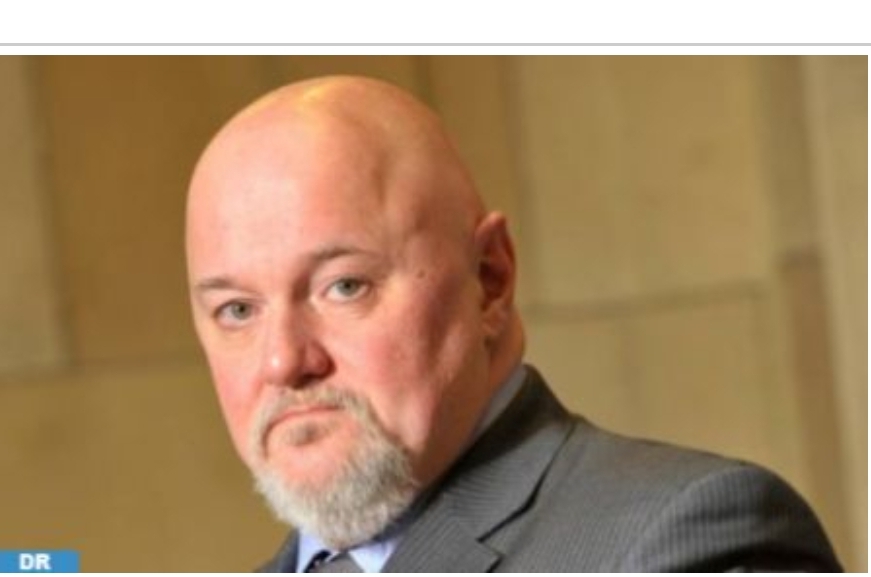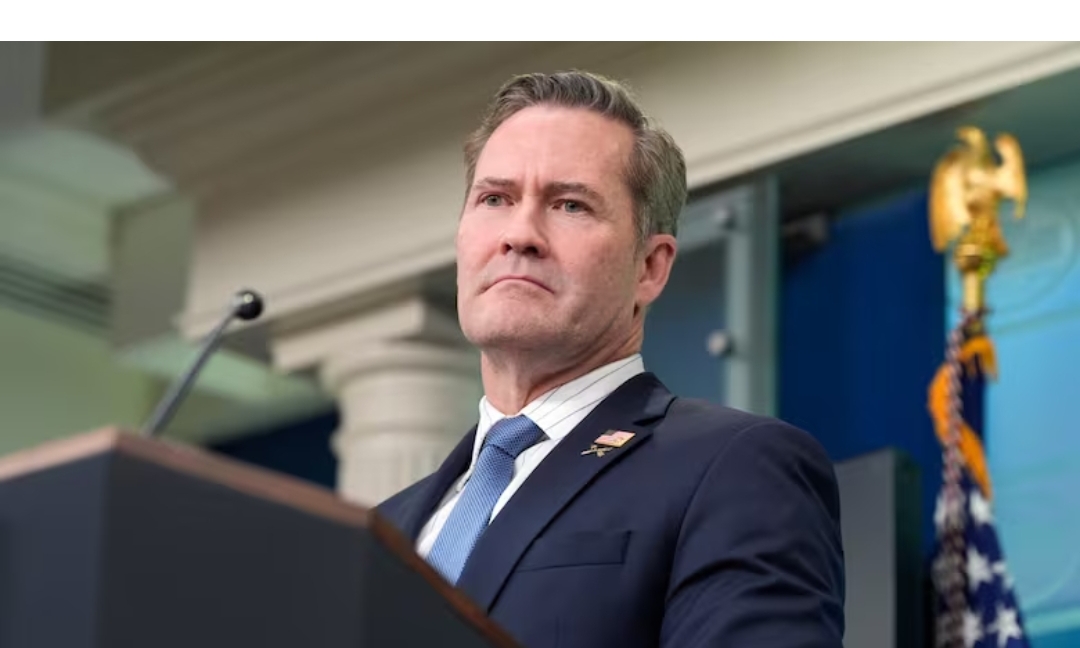Assahafa.com
How a national drug plan would work, why experts say it’s needed and what it might cost.
The Liberal government is expected to table its pharmacare legislation today — possibly the biggest expansion of publicly funded health care in Canada in decades.
Because Canada is the only country in the world with a universal health care system that doesn’t have universal drug coverage, the move would take Canada one step closer to parity with peer nations.
Here’s a closer look at what the pharmacare plan would cover, what it would cost, who has been calling for it and why they say it’s needed now more than ever.
Since the 1964 Hall commission report, multiple studies have recommended that Canada move to universal drug coverage.
Justice Emmett Hall’s report called for federal and provincial governments to work together to cover “the high cost of many of the new life-saving, life-sustaining and disease-preventing medicines” that Canadians were struggling to afford.
The most recent of those studies was the 2019 final report of the Advisory Council on the Implementation of National Pharmacare, a panel of experts struck by the Liberal government and chaired by Dr. Eric Hoskins, the former minister of health and long-term care for Ontario.
The report said that spending on drugs in Canada — outside of hospitals, where drugs are covered by the health-care system — grew from $2.6 billion in 1985 to $33.7 billion in 2018.
It also said that Canadians spend more per person per year on drugs than citizens of any other member country of the Organisation for Economic Co-operation and Development (OECD), apart from the United States and Switzerland.
A more recent OECD report said Canada spends more on medication than all but three member countries: Japan, Germany and the U.S.
The advisory council chaired by Hoskins said the number of medicines costing in excess of $10,000 a year more than tripled between 2006 and 2017. It also said the average price of those medications increased from just over $15,000 to more than $20,000 per year over the same time period.
Hoskins told CBC News that high-cost medicines are even more of an problem now than they were in 1964 because medical science has been coming up with new drugs that are expensive and complicated to administer.
“The truth is more and more people are using those drugs,” Hoskins said. “They’re not really rare anymore, many of these drugs. They’re quite commonplace, whereas before they might have been drugs for rare diseases, or very, very uncommon.”
Why tackle pharmacare now?
In the 2019 Liberal election platform, the party promised to “take the critical next steps to implement a national universal pharmacare” program “to make sure that sexual and reproductive health medications are covered under national pharmacare.”
That election saw the Liberals reduced to a minority government that did not do much to advance the policy.
After the 2021 federal election delivered the Liberals another minority, the party struck a supply-and-confidence agreement with the New Democrats to ensure the survival of its government.
The deal required the Liberals to work on a number of initiatives important to the NDP, including pharmacare, in exchange for New Democrats voting with the Liberals on confidence votes in the House of Commons. The Liberals committed to passing a Canada Pharmacare Act by the end of 2023.
Facing delays and setbacks, the Liberals and the NDP met in December and agreed to extend pharmacare negotiations between the parties into 2024, with a new goal of introducing legislation by March 1 — Friday.
What will this program look like?
The details will have to wait until the legislation has been introduced in the House of Commons. Recently, NDP Leader Jagmeet Singh revealed some of the broad brushstrokes on CBC’s Rosemary Barton Live.
Singh said the coverage will be “universal” and work “very much like the system that’s actually been rolled out in [British Columbia], for example for contraceptives.”
He said “a wide class of contraceptives” will be covered, “including [intrauterine devices], prescription contraceptives and the emergency contraception that people take.”
The NDP leader added that “a wide range of insulin and other medication” will be covered for diabetics.
Source: cbc














